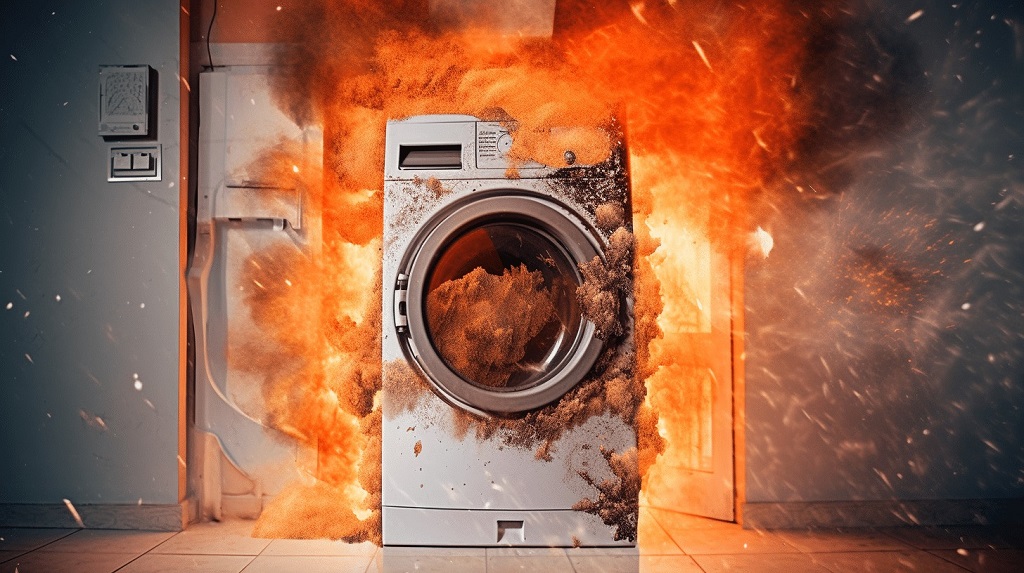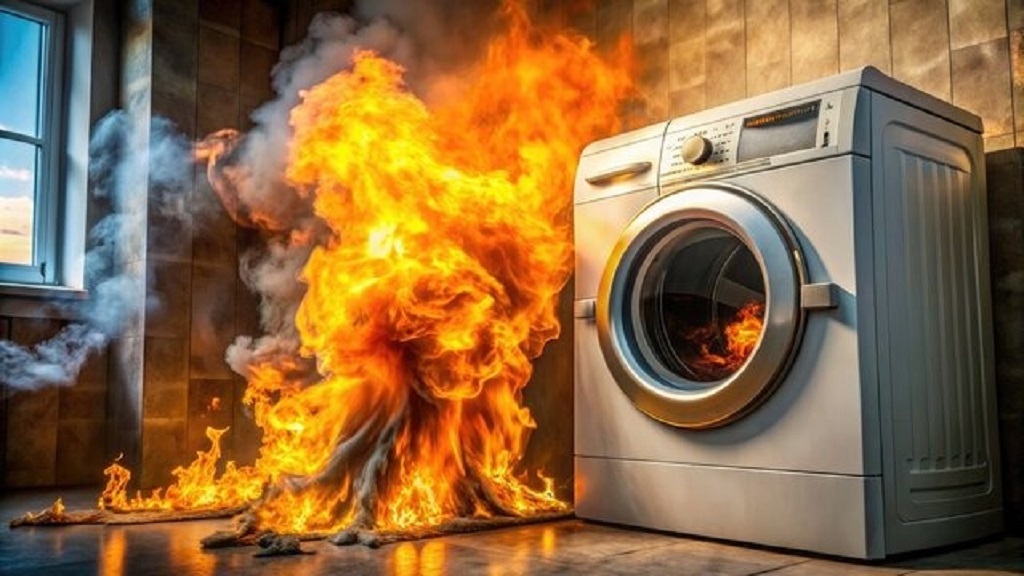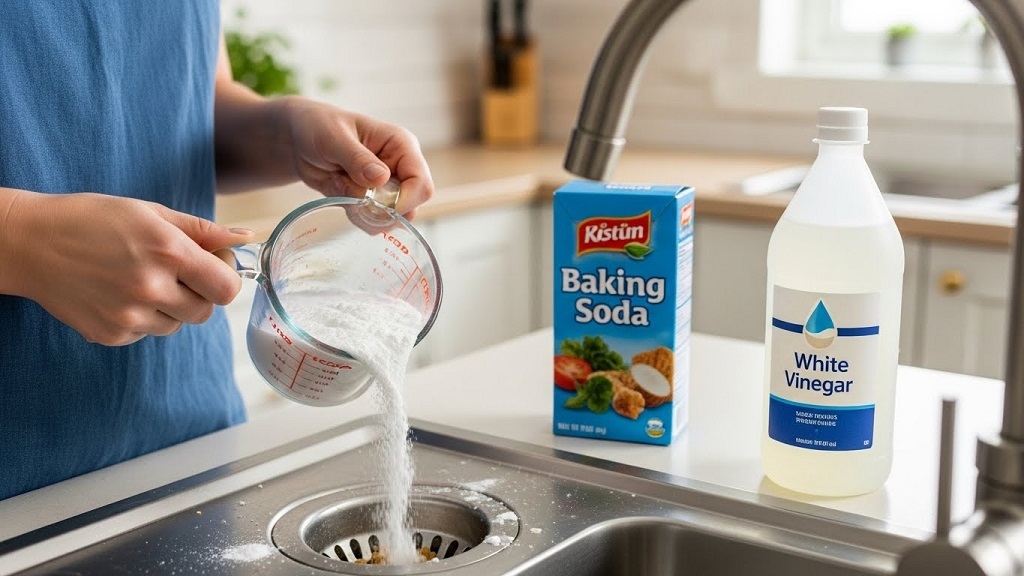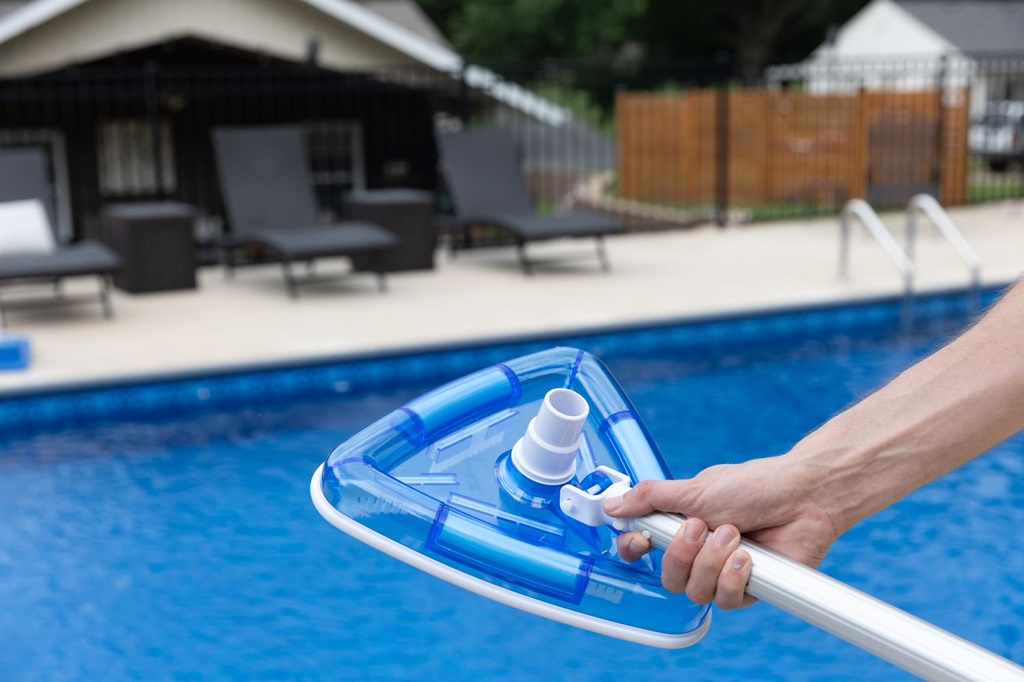Neglecting your dryer vents may seem harmless, but the consequences can be catastrophic. Lint buildup in dryer vents is a leading cause of house fires, with thousands reported yearly. In this article, we’ll explore why not cleaning your dryer vents is a serious fire hazard, the science behind lint ignition, and steps you can take to ensure your home’s safety.
Why Dryer Vent Cleaning Matters

The National Fire Protection Association (NFPA) reports that nearly 16,000 house fires annually are caused by dryers. Of these, approximately 92% result from lint buildup, which clogs vents and reduces airflow. When this occurs, the dryer overheats, sparking the potential for ignition.
Dryer vents are designed to expel moist air and lint outside, but over time, lint can collect in the ducts, creating a highly flammable environment. Even a small spark can lead to a devastating fire. That’s why professional inspections and cleanings are essential. To learn more about maintaining your home, explore Vincentjameshomes, where you can find expert advice on home safety.
The Science Behind Dryer Fires
Lint, a byproduct of laundry drying, is composed of fine fibers that detach from clothes during the drying cycle. These fibers are lightweight, making them easy to catch fire when exposed to heat.
- Airflow Restriction: Clogged vents block hot air from escaping, causing dryers to overheat.
- Ignition Temperatures: Lint can ignite at temperatures as low as 451°F, making it a prime fire starter.
- Backdrafts: Restricted vents force heat and flames back into the machine, escalating the danger.
Understanding these mechanisms highlights the importance of routine vent cleaning.
Signs Your Dryer Vent Needs Cleaning
You might wonder if your vents are safe. Here are some warning signs that it’s time for a cleaning:
- Clothes take longer than usual to dry.
- The dryer feels unusually hot to the touch.
- A burning smell while running the dryer.
- Visible lint accumulation around the dryer or vent.
Ignoring these signs can lead to overheating and potential fire risks.
Is Dryer Vent Cleaning a DIY Job?
While you can clean dryer vents yourself, professional services are often more thorough. Homeowners can use a vacuum or a dryer vent brush to remove lint from accessible areas, but professionals use specialized equipment to clean the entire duct system.
If you’re tackling the job yourself, here’s a quick guide:
- Unplug the dryer and move it away from the wall.
- Detach the vent hose and remove visible lint.
- Use a long, flexible brush to clean inside the ducts.
- Reattach the hose securely before plugging the dryer back in.
Read More Also: Embracing Nature Indoors: Bringing Natural Elements into Your Home
Consequences of Neglecting Dryer Vent Cleaning
Failing to maintain your dryer vents can have dire consequences, including:
- Fire Hazards: Lint is extremely flammable, and buildup increases ignition risks.
- Higher Energy Bills: Blocked vents force dryers to work harder, consuming more energy.
- Shortened Appliance Lifespan: Overworked dryers are more prone to breakdowns.
- Mold Growth: Trapped moisture can lead to mold and mildew, affecting air quality.
How Often Should Dryer Vents Be Cleaned?
Experts recommend cleaning dryer vents at least once a year, though frequency may vary based on usage. Households with large families or frequent laundry loads should consider more frequent cleanings.
Regular inspections can help identify potential issues before they escalate, ensuring your home remains safe.
Statistics That Highlight the Danger
According to the U.S. Fire Administration (USFA):
- Dryer fires cause $238 million in property damage annually.
- 27% of these fires occur in homes with improperly maintained dryer vents.
- Fires peak during fall and winter when dryer usage is highest.
These numbers underscore the critical need for regular maintenance.
Preventing Dryer Fires
Here’s how to minimize risks:
- Clean the Lint Trap: Remove lint after every load.
- Check the Vent Ducts: Inspect for blockages or damage monthly.
- Hire Professionals: Schedule yearly cleanings with a licensed technician.
- Install Alarms: Place a heat alarm near your laundry area for added safety.
By following these steps, you can protect your home from preventable fires.
The Role of Building Codes
Modern building codes require dryers to be vented outside, reducing fire risks. However, older homes may have non-compliant setups. If your vent system isn’t up to code, consult a professional for upgrades.
Other Home Safety Concerns
Dryer vents aren’t the only area that demands attention. Proper plumbing maintenance is equally critical. For example, knowing how to remove a bathtub drain can prevent water damage. You can find step-by-step guidance when you click on https://vincentjameshomes.com/bath-and-shower/how-to-remove-bathtub-drain-stopper/.
FAQs
What happens if I don’t clean my dryer vents?
Neglecting vent cleaning increases the risk of fires, higher energy bills, and reduced appliance efficiency.
Can I clean dryer vents myself?
Yes, but professional services are recommended for thorough cleaning and safety checks.
How do I know if my dryer vents are clogged?
Signs include longer drying times, overheating, and a burning smell during use.
What’s the cost of professional dryer vent cleaning?
Prices range from $100 to $200, depending on vent length and complexity.
Are there eco-friendly alternatives to dryer vent cleaning?
Eco-friendly methods, like reusable lint filters, can supplement cleaning but don’t replace professional maintenance.
How can I prevent lint buildup?
Clean the lint trap after every use, inspect vents monthly, and schedule regular professional cleanings.
Conclusion
Failing to clean dryer vents is a serious fire hazard that can endanger lives and property. Regular maintenance, whether through DIY methods or professional services, is essential for preventing fires, improving efficiency, and extending your appliance’s life. By staying vigilant, you can ensure a safer, more energy-efficient home.




